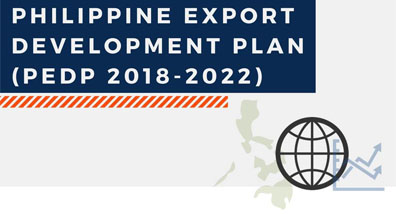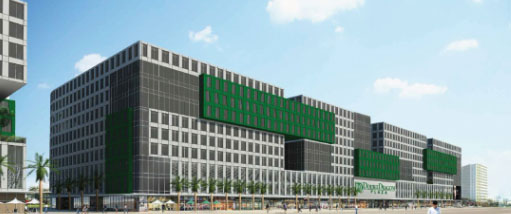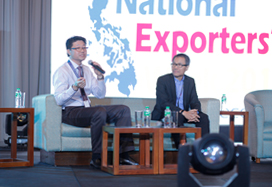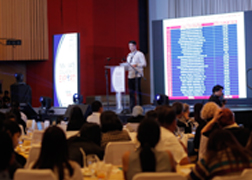Exporters who are shipping out their goods through the Ninoy Aquino International Airport (NAIA) lauded the Bureau of Customs – NAIA decision to discontinue the reprocessing or recording of shipments approved at the One-Stop Export Documentation Center (OSEDC). A memorandum order shall be issued by the BOC – NAIA to this effect.
In February 2018, the Export Division of NAIA issued a directive that “all shipments processed at OSEDC must be re-processed at the Bureau of Customs Export Division’s Documentation Unit”.
In a meeting among the BOC-NAIA, Export Development Council (EDC) and Philippine Exporters Confederation, Inc. (PHILEXPORT), NAIA District Collector Carmelita Talusan clarified that the directive was aimed to record, monitor and collect data of all shipments that are coming out of NAIA, not to reprocess such shipments.
To serve the BOC purpose, OSEDC will send the summary of shipments approved by the OSEDC to BOC-NAIA on a daily basis.
Collector Talusan also bid to work on facilitating trade as one of the thrusts of the BOC, aside from revenue generation and border security. The BOC-NAIA is also working on the implementation of the electronic-to-mobile (e2m) system to further streamline the processes for NAIA shipments. The private sector is encouraged by the BOC-NAIA to be a partner in such endeavor. – Asnia R. Bayabao



 Professor de l’Etraz emphasized that 90% of all successful ideas today are improvements of something that already exists. He added that decision making needs to move from gut feel and instinct to data-driven decisions.
Professor de l’Etraz emphasized that 90% of all successful ideas today are improvements of something that already exists. He added that decision making needs to move from gut feel and instinct to data-driven decisions.
 Senator Gatchalian noted that the government can implement the Senate’s proposed coal tax increase once the retail competition and open access (RCOA) system is in place. RCOA is the retail competition open access in which when the consumer will be given the power to choose, to buy wherever he wants. The RCOA is one of the provisions under the Electric Power Industry Reform Act of 2001 (EPIRA).
Senator Gatchalian noted that the government can implement the Senate’s proposed coal tax increase once the retail competition and open access (RCOA) system is in place. RCOA is the retail competition open access in which when the consumer will be given the power to choose, to buy wherever he wants. The RCOA is one of the provisions under the Electric Power Industry Reform Act of 2001 (EPIRA).